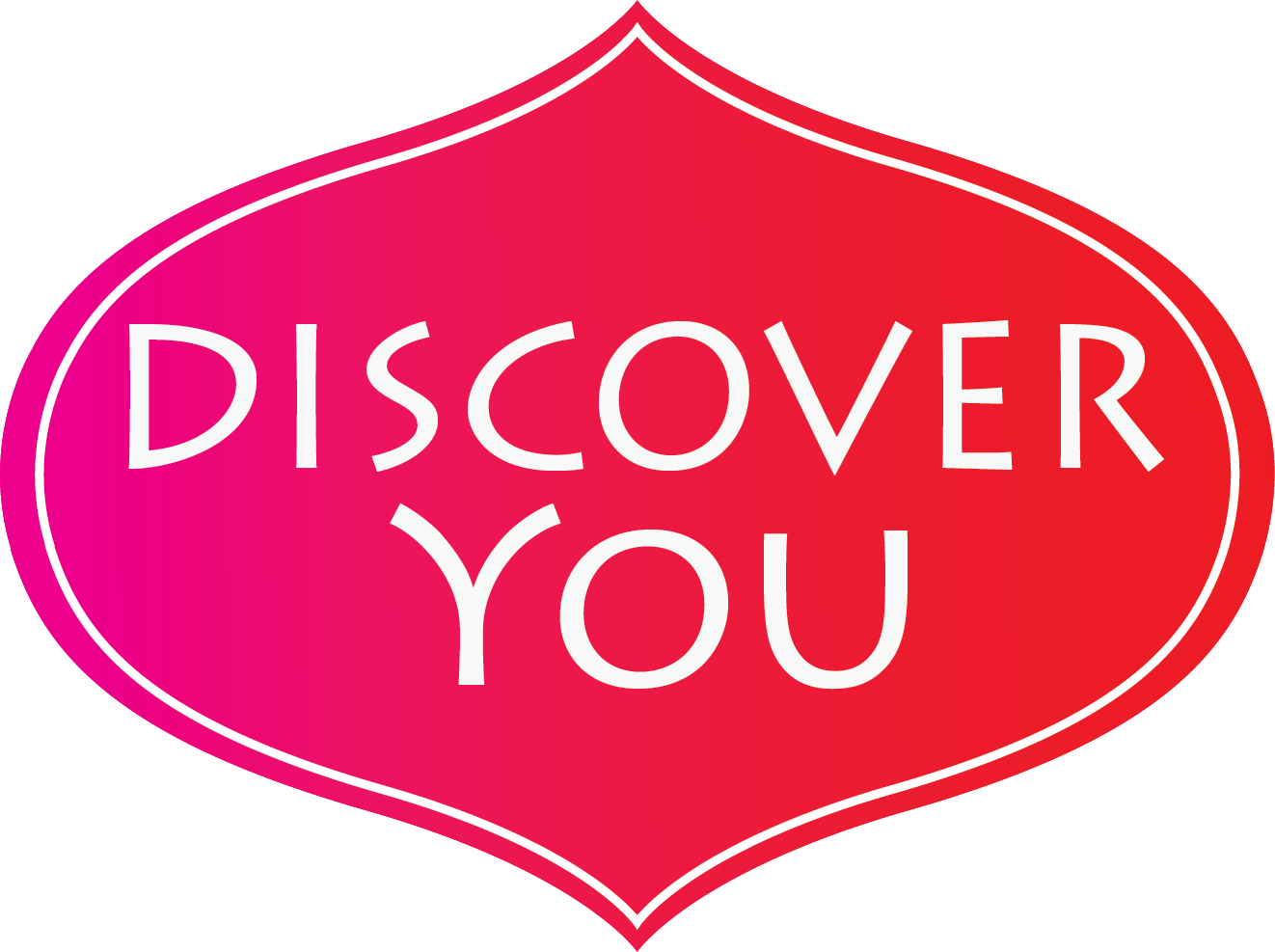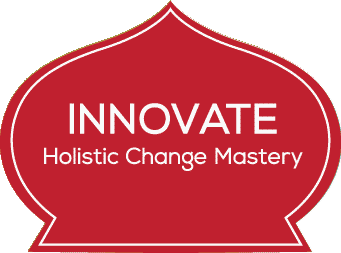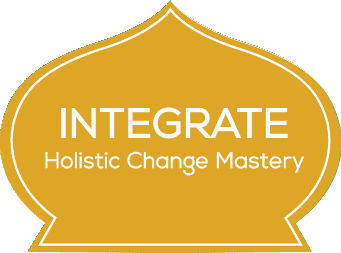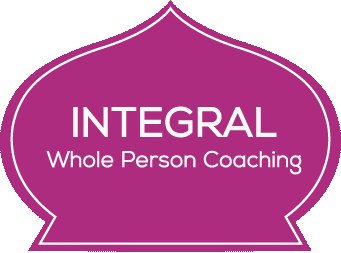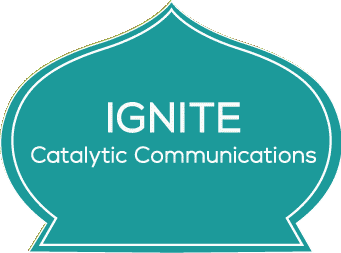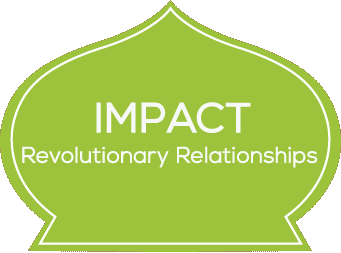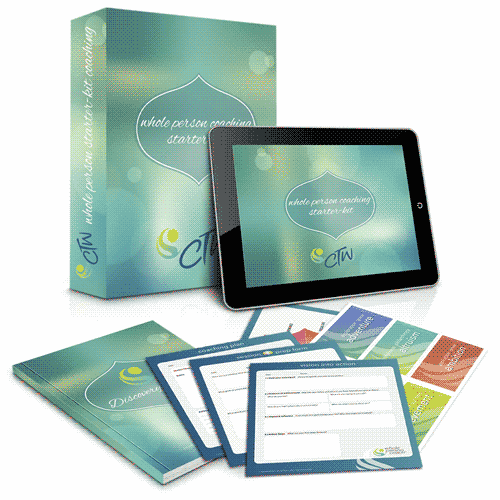
Should you become a Whole Person Relationship Coach?
Relationship coaching runs a wide gamut. On any given day, you may have sessions with singles and married couples as well as divorcées. Regardless of the client, you strive to help people discover their best self and the right actions to create the love, connection and ease inside their most important relationships.
Depending on your specific focus, you support your clients to be true to themselves, identify their needs and desires, and express their feelings with others. You may also introduce your clients to resources that enable them to better negotiate the complexity and dynamic nature of interpersonal relationships.
Most relationship coaches focus on intimate relationships. However, some opt to help people with personal challenges such as personal power, boundaries, self-esteem, social anxiety, effective communication, and similar difficulties encountered when dealing with others in daily life.
Who hires a Relationship Coach?
Expect a variety of people to seek out your services as a relationship coach. But keep in mind, the most successful coaches within this niche are specific about the challenges they help others with.
For example, if you become a dating coach, clients seek your support and guidance on the best ways to find the right mate. If you choose to work with divorcees, your clients may want to explore ways to recreate their life after a divorce. Those who want to help widowers may offer ways to connect with someone new after years of being “off the market.” And if you are interested in helping couples deepen and improve their relationship, you may offer strategies and communication tools that help them with intimacy issues and express their needs more openly.
Regardless of the branch you choose, expect those who knock on your door to have had some form of self-realization. In all likelihood, they recognize their connection with someone specific or others in general is at risk. If you work with couples, the risk is likely to the relationship. If you work with individuals like divorcees or widowers, the risk is more centered on the individuals themselves, their potential for long-term happiness, and a fear that it may escape them if they continue down their current path.
Why you might love becoming an Relationship Coach?
If you love helping others become their best self within a relationship, this coaching pathway might be for you. Relationship coaches tend to immerse themselves in books like “Attached” or “The 5 Love Languages” series. They readily see potential for connection and depth of human experience within relationships, recognizing the importance for couples and individuals to be able to more effectively relate and communicate with one another.
As a relationship coach, you bring your own relationship experience and wisdom into the mix as you help others. Maybe you’ve learned that the most important relationship you’ve got is the one you hold with yourself. Now you want to help others remain true and authentic in their interactions with others. Perhaps you’ve been through a complex relationship and discovered successful ways to resolve differences or simply extricate yourself and move on. Regardless of the subset you choose to pursue, the knowledge you possess has tremendous value. This is true whether you’ve obtained it through personal experience, professional training, or some other form of counseling you currently provide.
Relationship coaches are heart- and soul-centered individuals who delight in helping their clients attain the deepest, most meaningful connections with themselves and others. These core relationships serve as a conduit for connecting to one’s whole self.
Although this niche is referred to as relationship coaching, it is similar to life coaching in that you may touch upon everything in the life of an individual or couple. This spectrum often ranges from health and long-term happiness to money matters and even the division of labor within a relationship.
Further subsets within this niche are seen in those who enhance their relationship coaching services with a focus on:
- Non-Violent Communication
- Divorce/Heartbreak Coaching
- Dating Coaching
- Marital Coaching
- Pre-Marital Coaching
- Love Languages
- Emotional Intelligence
- Intimacy Skills
- Authentic Communication
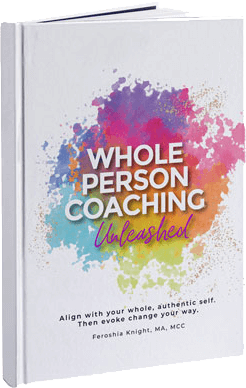
See how our difference can help you to make yours...

